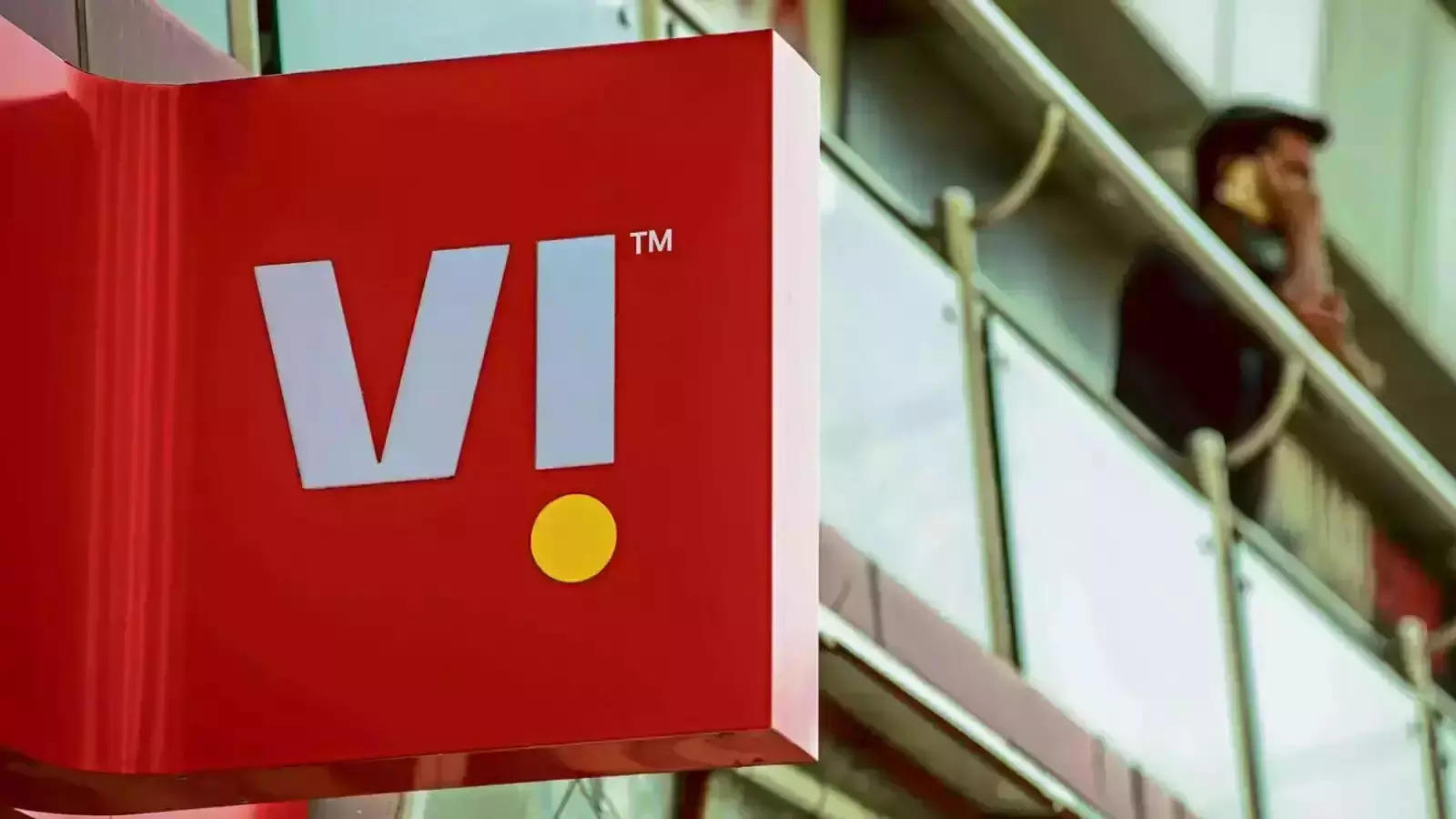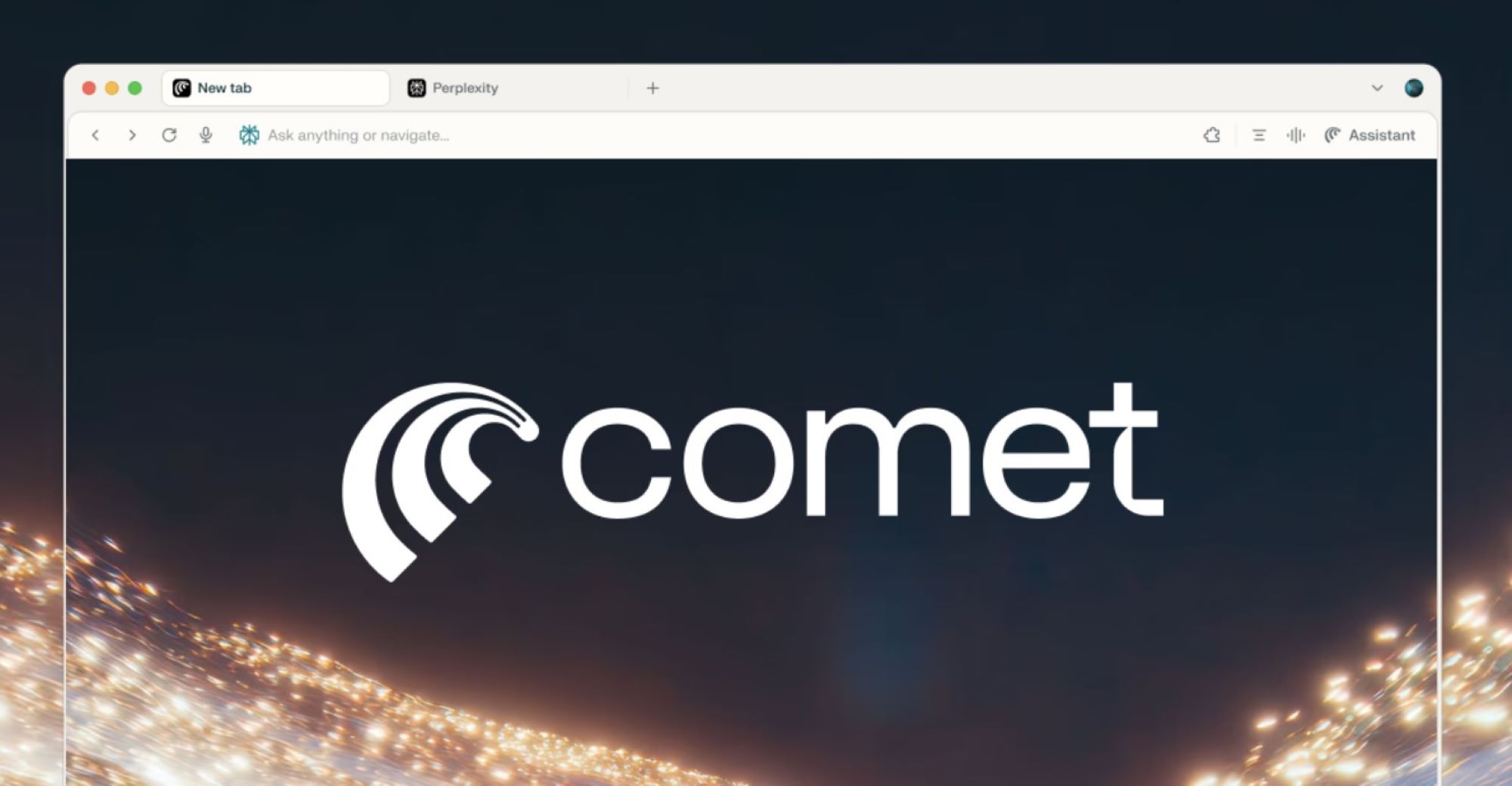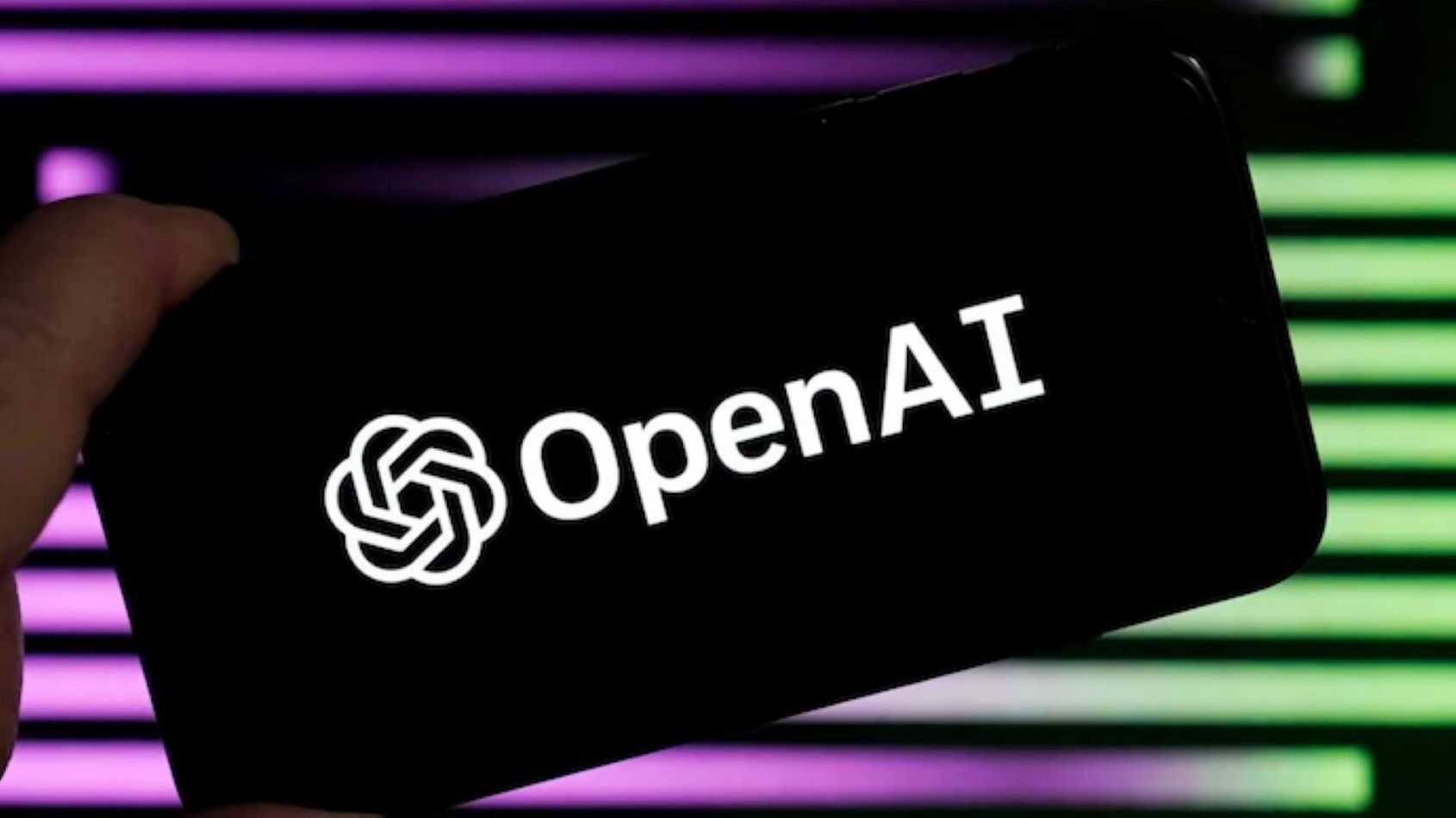Shares of Vodafone Idea (Vi), one of India’s largest telecom operators, dropped sharply by 10% on Tuesday. The fall came right after the central government made it clear that there will be no additional financial relief offered to the company on its massive Adjusted Gross Revenue (AGR) dues. The decision has raised fresh doubts among investors about whether the debt-heavy operator can manage to survive and remain competitive.
Key Takeaways
- Vodafone Idea’s share price plunged 10% in a single trading session.
- The decline was triggered by the government’s refusal to provide any fresh relief on AGR dues.
- The company continues to carry a massive financial burden due to the Supreme Court ruling on AGR.
- The lack of relief could make it harder for Vodafone Idea to raise funds, strengthen its 4G network, and catch up in the 5G rollout.
The government’s firm position is a serious setback for Vodafone Idea. The company has long been weighed down by huge debt and has steadily lost subscribers to rivals like Reliance Jio and Bharti Airtel. The AGR issue itself has been a pressing concern for the sector for years.
AGR, or Adjusted Gross Revenue, is a fee telecom operators must pay to the Department of Telecommunications (DoT). The controversy was about how this revenue should be calculated. In 2019, the Supreme Court ruled in favor of the government’s wider definition of AGR, which included revenue from non-telecom activities. That ruling left Vodafone Idea with dues running into thousands of crores.
Although the Centre did announce a relief package for the sector in September 2021, its latest statement makes it clear that no further concessions are on the table. The 2021 package allowed companies to defer statutory dues for four years and gave them the option to convert the interest on those dues into government equity. Through this route, the Government of India became the largest shareholder in Vodafone Idea, holding about 33 percent.
Even so, the market’s reaction on Tuesday showed that investors are far from reassured. Without fresh relief or a solid infusion of funds, Vodafone Idea faces mounting pressure to meet its payment obligations, settle vendor dues like those owed to Indus Towers, and invest in expanding its network. Its rivals, Reliance Jio and Bharti Airtel, are already moving quickly with 5G rollouts, leaving Vi struggling to catch up while still trying to stabilize its 4G operations.
The broader worry is that Vodafone Idea risks falling further behind at a time when the industry is undergoing a critical technological shift. Subscribers who do not see network improvements may continue migrating to competitors, making the company’s challenges even more severe.
For now, Vodafone Idea’s future remains highly uncertain. The management will need to explore every possible avenue for funding and partnerships to keep operations running. Whether it can eventually participate meaningfully in India’s 5G growth story remains an open question, and one that investors are watching closely.
Frequently Asked Questions (FAQs)
Q1. What is AGR?
A1. Adjusted Gross Revenue (AGR) is the usage and licensing fee that telecom operators are charged by the Department of Telecommunications (DoT). It is calculated based on all revenues earned by a telco.
Q2. How much does Vodafone Idea owe in AGR dues?
A2. Vodafone Idea has a total AGR liability of over ₹58,000 crore. While it has paid a portion, a substantial amount is still outstanding.
Q3. Why did the government refuse more relief?
A3. The government believes the comprehensive relief package provided in 2021, which included a moratorium and a debt-to-equity conversion option, was sufficient. It now expects the company to meet its payment obligations as they come due.
Q4. What does this mean for Vodafone Idea’s 5G plans?
A4. This financial strain severely restricts Vodafone Idea’s ability to invest in new technology. Without fresh capital, launching a competitive 5G network will be very difficult, putting it at a significant disadvantage against Jio and Airtel.
Q5. Is Vodafone Idea going to shut down?
A5. The current situation raises serious questions about the company’s long-term financial health. While the company continues to operate, its ability to survive will depend on its success in raising new funds and managing its large debt.



















